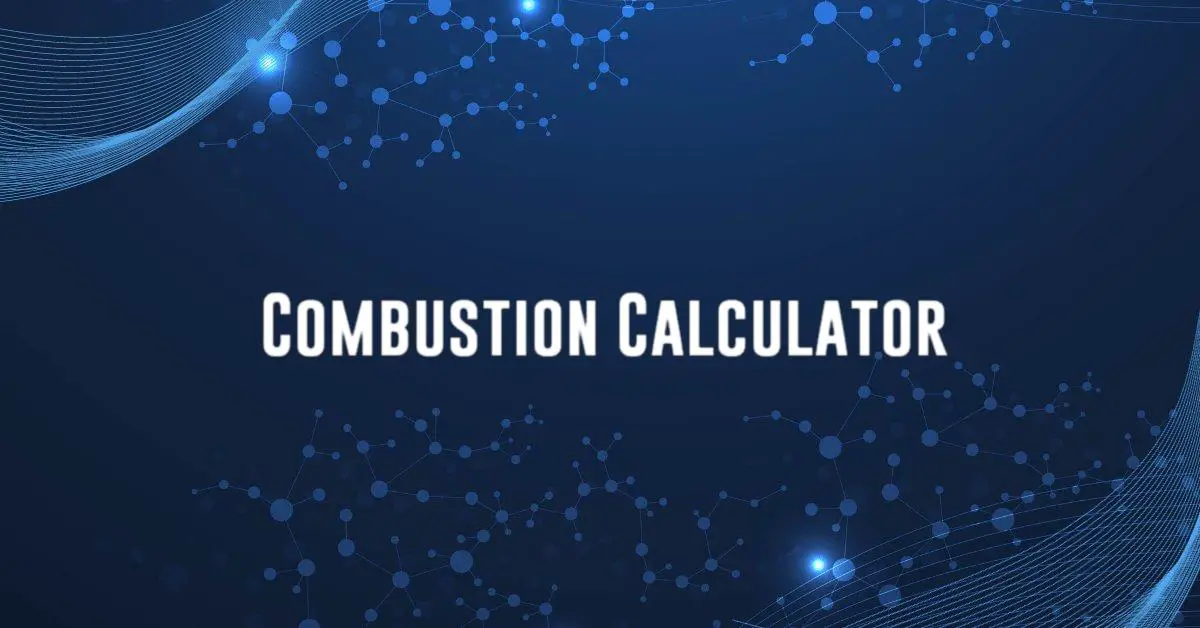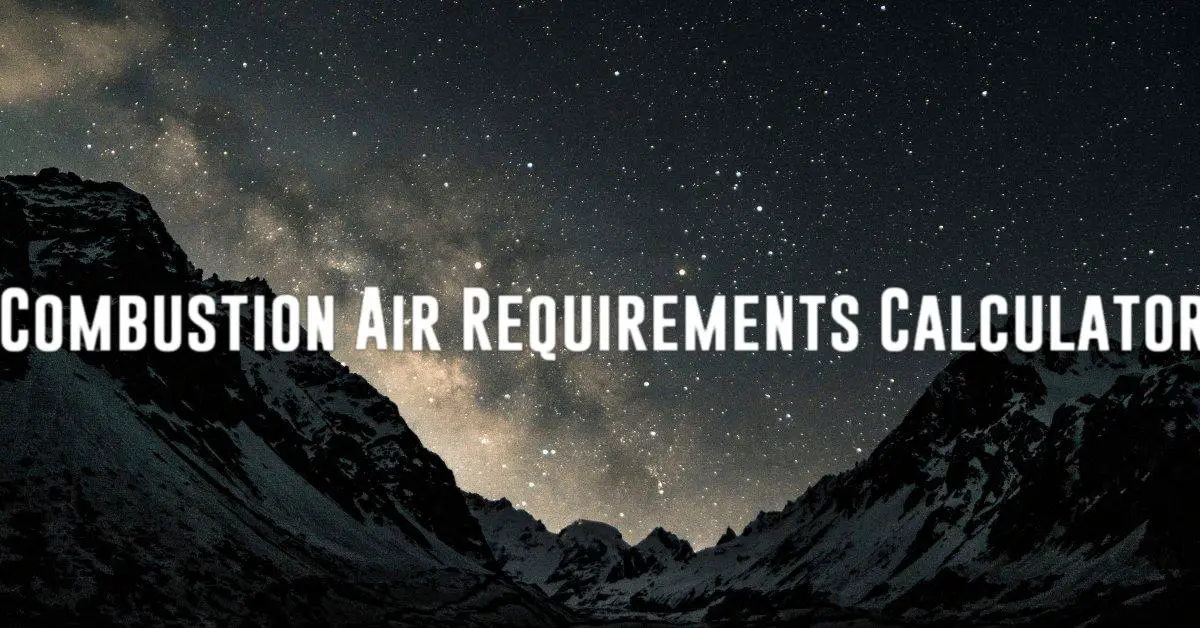What is Ignition Timing and Why is it Important?
Ignition timing plays a crucial role in the performance and efficiency of an engine. It determines the point at which the spark plug fires, igniting the air-fuel mixture in the combustion chamber. The timing of this ignition process must be precisely controlled to ensure optimal power output and fuel efficiency.
When the ignition timing is set incorrectly, it can lead to a variety of issues, such as poor engine performance, increased fuel consumption, and potential engine damage. That’s why it’s essential for vehicle owners and mechanics to understand how to calculate and adjust ignition timing properly.
How to Calculate Ignition Timing

Calculating ignition timing involves determining the exact moment when the spark plug should fire in relation to the position of the piston. This timing is usually measured in degrees before top dead center (BTDC) or after top dead center (ATDC).
To calculate ignition timing, you will need to consider factors such as engine speed, load, and fuel type. These variables can affect the ideal timing for your engine, so it’s crucial to adjust accordingly for optimal performance.
Using an Ignition Timing Calculator
One way to calculate ignition timing accurately is by using an ignition timing calculator. This tool takes into account various engine parameters to determine the optimal timing for your specific vehicle.
To use an ignition timing calculator, you will need to input information such as engine displacement, compression ratio, fuel type, and desired ignition advance. The calculator will then provide you with the recommended ignition timing for your engine based on these inputs.
Adjusting Ignition Timing
Once you have calculated the ideal ignition timing for your engine, you may need to make adjustments to ensure that the spark plug fires at the correct moment. This process involves rotating the distributor to advance or retard the timing as needed.
It’s important to follow the manufacturer’s guidelines and recommendations when adjusting ignition timing to prevent any potential damage to the engine. If you’re unsure about how to make adjustments, it’s best to consult a professional mechanic for assistance.
Benefits of Proper Ignition Timing
Proper ignition timing can offer several benefits to your engine and vehicle overall. It can improve fuel efficiency, reduce emissions, and enhance engine performance. By ensuring that the spark plug fires at the precise moment, you can maximize power output and optimize fuel consumption.
Additionally, proper ignition timing can also help prevent engine knock and other issues that may arise from incorrect timing settings. Overall, maintaining the correct ignition timing is essential for the longevity and reliability of your engine.
Conclusion
Ignition timing is a critical aspect of engine performance that should not be overlooked. By understanding how to calculate and adjust ignition timing properly, you can improve the efficiency and longevity of your engine. Using tools like ignition timing calculators can help make this process easier and more accurate. Remember to consult a professional mechanic if you’re unsure about making adjustments to your ignition timing.}






